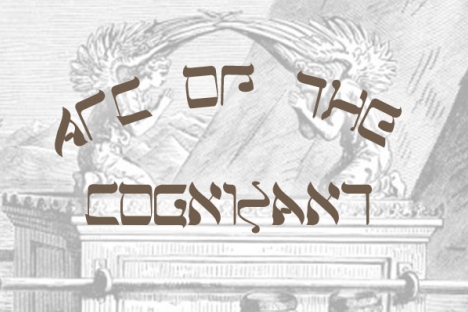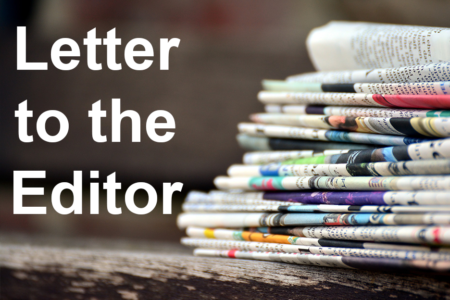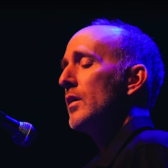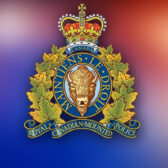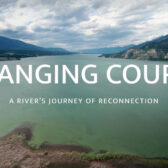Monarchy, History, Malady, Memory
We do not make history, we are made by history. — Martin Luther King, jr.
Our King
“ … divinity … doth hedge a King.” — Shakespeare, Macbeth
No one reading this is likely to think a king has anything divine about him, but for Shakespeare 400 years ago, — for subjects in Arabia and Nepal today — it was/is natural enough to think so. In fact, Canadians probably find it hard to even think there is a King of Canada, let alone that there is anything divine about him. Yet if you look at our 25-cent piece, it’s there in Latin: regina deo gratia. “Elizabeth, queen by the grace of God.”
https://tomasvh.com/2006/05/02/the-fall-of-a-god-king/
Monarchy is the form of our government; we share the form with Scandinavia with Saudi Arabia, with several lands. The form is no guarantee of good governance, but once one adds the adjectives “constitutional, parliamentary” — missing from Asia’s monarchies – our Canadian model is one to envy… in my opinion.
There are places where terminating the monarchy is a heated political issue; a popular referendum to end Crown sovereignty can succeed – as most recently in Barbados. [ https://foreignpolicy.com/2022/04/28/caribbean-monarchy-queen-republic-reparations-jamaica-belize-protest/ ]
In Australia’s referendum, voters retained monarchy. Australian republicans fumed.
What Matters: Symbols Full of Meaning
Monarchy is not only an institution. It’s a symbol. Symbols matter. We react to them.
People are enraged by disrespect to flags, religious objects/scripture, and a host of other things – and the meaning of these symbols is determined by History, not Reason. Far be it from me to tell anyone their feelings about a symbol are “wrong”.
Battles over the Crown in Canada are conflicts about the meaning of a symbol. Monarchy is not “an irrelevance”. It costs a lot to maintain. Is it worth those costs?
There are many who refute my perspective on monarchy, asserting instead there is something negative about monarchy in Canadian history; francophones in Quebec and natives across Canada perceive in the Crown a symbol of injustice, conquest, or disrespect to their peoples. The Crown means something repellent to many of them.
Symbolism, great invention of human consciousness, setting us quite apart from other species, is an origin for conflict.
[ Essay on humans and symbol here: https://jonmaas1978.medium.com/the-intersection-of-carl-jung-yuval-noah-harari-and-jordan-peterson-ac0a1595f8fd An introductory effort. ]
If one could make easy arguments to other people that would alter their reaction to symbols, bring us all into harmony without emotional reaction to symbols, it would enormously simplify human social order. But symbolic discourse is never easy.
What doesn’t matter: who decides importance?
I would like to say that “symbols don’t matter” — because we “make them up.” But that entirely misses the significance about human consciousness interacting with symbols.
The best one can do with conflict over symbols, is find values in common with those who feel differently about the symbol than you do, and work from there to mutual respect for both opinions. We can agree that fighting violently over symbols is wrong; reasoned conversation, civic discourse within humane limits, is much better.
Canadians hopefully can agree on that. A referendum on the Crown is a civil process.
The health of a monarch
The topic du jour touching Canada’s monarchy recently is the cancer diagnoses of King Charles and of the Princess of Wales, Catherine. I’ve personally been rather depressed by the public appetite for royal gossip-mongering. The Globe and Mail Opinion pages March 23 feature a dismally vapid piece on Catherine, stunningly unimportant.
Or so it seems to me. Again, I can’t persuade readers of a different opinion that the piece is about nothing. People opposed to the British Monarchy in Canada no doubt loved the attack; feminists might especially enjoy the disrespect to the princess.
A counter-proposal for Crown symbolism
You, dear reader, might choose to say the monarchy represents all that is awful in the history of the British Empire, its colonialism, slave-trading, wars, and conquests.
May I propose that my people, the British, are not less deserving of respect for the cultural achievements of their long history? The English language — now become the global common tongue — the literature, the democratic governance models, the system of law, modern scientific and capitalist innovations: are these less worthy than the cultural ingredients of Asians, American “Indians” or Africans? Surely they can claim equality of respect?
Domination by Europe and the USA over the globe, by force of arms and economic and technological instruments, was not invited by the peoples of Asia, Africa or the “New World”: this is what enrages non-Europeans. They feel the rank injustice of their subjugation. History isn’t fair. Fairness is human-made.
I can’t persuade people who were/are oppressed by empires that their losses eventually are recompensed by the process of integrating into modernity, a human stage of civilization that has – as always – both positives and negatives for humans.
The British Monarchy symbolizes Empire – historic injustice! – yet… there is no calculus to weigh European civilization in a balance with others, to remove the pain of memories of conquest by Europeans.
Conclusions: tolerating arguments
Being in some conflicted, contested space with one’s human companions in society, is a fact of life. Disagreeing that the monarchy in Canada can be justified, is surely one disagreement we can agree to tolerate while we get on with issues that make immediate impacts on our lives.
Canadians agree: homelessness, climate, immigration, poverty, drug-addiction and its death toll, aboriginal rights for natives, and making restitution for injustices done, are all substantive matters. Our governments, our legal system, our economy and our culture in general, must resolve these actively.
Whether Canada accomplishes resolution with a monarch or without is surely of quite secondary importance. I doubt many readers would disagree with that.
Where I know I’ve touched sensitive nerves is the suggestion that “my people”, Europeans generally, British particularly, deserve respect for positives in our civilization.
My people weren’t created the universal villains in History’s procession. We aren’t uniquely awful conquerors.



